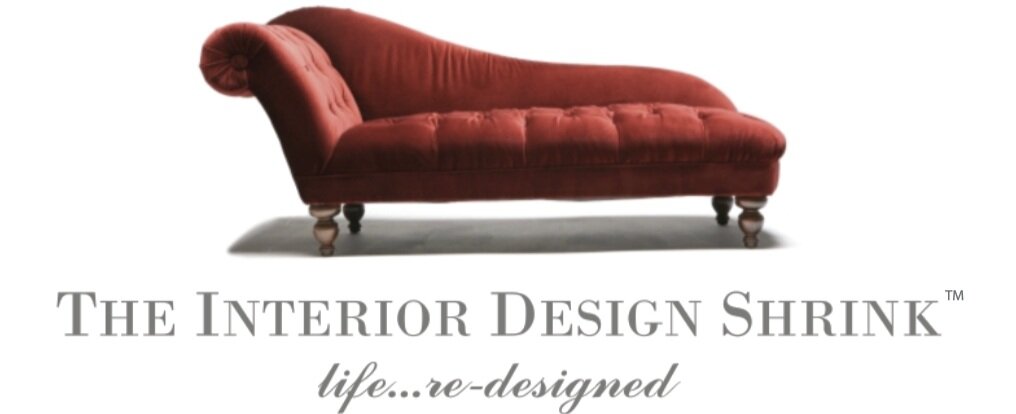Feel Before Form
“The key to good decision making is evaluating the available information – the data – and combining it with your own estimates of pluses and minuses.”
I had three seemingly unrelated conversations last week with people in the midst of change – one was going to build a vacation house, another was taking the first steps toward divorce and the third was contemplating a new business venture. Even though the issues were very different, I saw a common thread that seemed to keep them all frozen in their ability to make decisions and move forward. What seemed to be tripping them all up was their focus. All were jumping ahead, trying to see what things were going to look like in the end, instead of focusing on the steps needed to get there.
It’s human nature (and mine) to want to cut to the chase. But when we start at the finish-line we often neglect many important steps that, skipped over, may have tremendous impact on our outcome. There are so many things we need to think about before we can start to make prudent decisions. If we don’t do our due diligence we may eliminate possible options, make knee jerk decisions, or worse yet, be disappointed in the end result. We humans also have an inherent need to know that we will be alright or that we won’t fail, and that keeps many of us from doing the work we need to do. The “what if’s” and “I’m afraid’s” keep the familiar loops running in our heads, easing us back to doing nothing and making no change – even when we know that forward movement is the only direction possible.
The couple building a vacation home is typical of many of my design clients. Excited to begin, they start by looking at the endless array of cabinets, tile and other aesthetic, which tends to confuse and exhaust them. They may have incongruent pages ripped from magazines and, without preparation, begin the process of interviewing architects and builders in hopes that someone will magically produce something suited to their tastes and needs. But before anything can take form we need to step away from the aesthetics (the end point) and start by gathering some internal data. I prefer language to pictures when helping to bring form to a project. I like to ask for adjectives – grand, cozy, casual, elegant, organic, smooth, traditional or relaxing when asking clients to imagine themselves in the space. Then we can see which of those answers aligns with questions like “what are my needs”, “what do I want to feel like when I am here” or “who will share this space with me?”
This internal data is not influenced by trend or well-meaning relative and therefore not flawed. Because it comes from within, it helps to eliminate or strengthen options and adjectives morph into line and shape, providing the first clues about where to start. This same process of data gathering can be overlaid onto more personal situations. Leaving a relationship is right up there among the major life changes, as is leaving a job or changing careers. When we’re unsure of the unknown the best thing to do is ask the questions. Answering open ended questions like “who do I want to be as a single man/woman”, or “what types of clients am I interested in working with?, “is this the right mate for me”, allows us to look at different outcomes before we leap into action.
Whether it’s an interior/architectural change or one of greater magnitude, it is always easy to see when those valuable steps have been skipped. Clients wind up with disjointed layouts and mistakes too costly to remedy, newly singles wind up repeating the same relationship they just got out of and a new business venture could flounder or go bust. That’s because action without thought is just another future mistake that will need cleaning up. While some situations call for snap judgments, others need time to unfold, possibilities explored and priorities ranked before the end point can come into focus.
Shortcuts to the finish line rarely end with a sense of closure, self-satisfaction, personal growth or peace. Starting simply with adjectives and honest answers will help feelings morph into form that will carry you in the right direction. Doing the work is not fun, but we are the better for doing it as it takes us to a place that’s better than we could have ever imagined.


